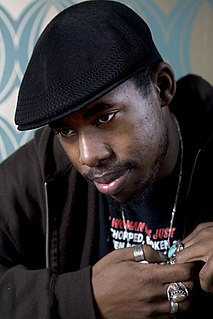A Quote by Arthur C. Clarke
That's one of those meaningless and unanswerable questions the mind keeps returning to endlessly, like the tongue exploring a broken tooth.
Related Quotes
Semiotics is really interested in the questions like, what keeps you watching something, what keeps you - you know, what keeps you listening to a story on the radio? Like, what keeps you turning the pages in a book? What's the pleasure of it that's moving you forward, that's pulling you in and grabbing you and pulling you forward?
The great philosophers of the 17th and 18th centuries did not think that epistemological questions floated free of questions about how the mind works. Those philosophers took a stand on all sorts of questions which nowadays we would classify as questions of psychology, and their views about psychological questions shaped their views about epistemology, as well they should have.
In fact, our need to feel like big shots keeps us wedded to inadequate perspectives on the world, keeps us from exploring and dealing with what doesn't fit into those perspectives. We should be trying to formulate a bigger, richer perspective to accommodate what doesn't fit, but no matter how beautiful and true that new perspective looks to us, we should always be prepared to acknowledge that it doesn't accommodate something we haven't yet confronted.




































